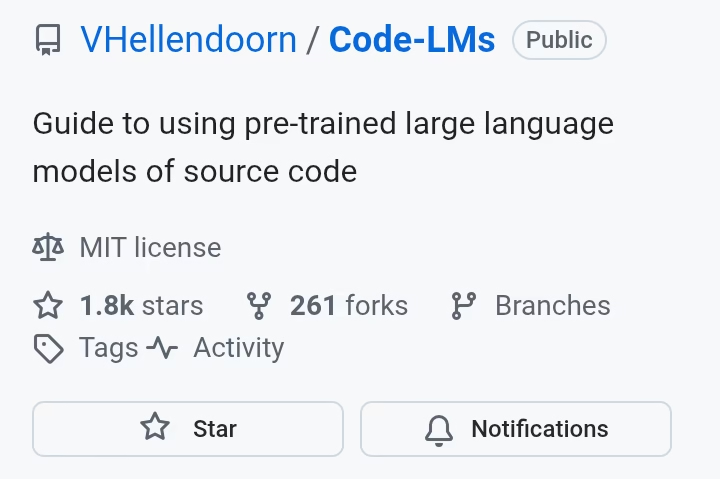Introduction
Most AI coding assistants like GitHub Copilot and Tabnine are closed-source. That means developers rely on them without truly knowing how they work behind the scenes. But what if you could access a fully open-source AI model designed specifically for programming?
That’s exactly what Polycoder brings to the table—an AI code generator based on GPT-2 architecture, created by researchers to give developers more freedom, transparency, and experimentation opportunities.
What is Polycoder?
Polycoder is an open-source AI coding model trained on a large dataset of programming languages. Unlike commercial tools that hide their architecture, Polycoder’s design is openly available, making it an excellent choice for:
AI researchers who want to study how code generation models work.
Developers who prefer open-source, customizable tools.
Educators who want students to experiment with AI-powered coding.
It’s one of the first GPT-2 based AI models that has been fine-tuned specifically for code.
Key Features of Polycoder
Open-Source Access
Available to the public, allowing anyone to customize and improve it.Multi-Language Support
Trained on several programming languages, including C, C++, Java, Python, and more.Transparency
Unlike closed models, its architecture and datasets are openly documented.Customizable
Researchers can fine-tune the model for specific coding tasks or industries.Research-Oriented
Designed for academic and experimental use rather than only commercial deployment.
Benefits of Using Polycoder
Freedom & Control – No reliance on corporate-controlled black-box models.
Educational Value – Helps students and researchers understand AI and programming.
Community Growth – Developers worldwide can contribute to its improvement.
Transparency – Provides insights into AI behavior and decision-making.
Experimentation – Useful for exploring AI ethics, safety, and accuracy in coding.
Limitations of Polycoder
Not as Polished as Commercial Tools – May lack advanced features like Copilot.
Limited Dataset Size – Since it’s GPT-2 based, it’s smaller than GPT-3 or GPT-4 models.
Not Always Reliable for Production – Best for research and learning, not enterprise deployment.
Polycoder vs Other AI Coding Tools
GitHub Copilot: Powerful but closed-source.
Codeium: Free to use but still proprietary.
Polycoder: 100% open-source and designed for research.
If you want transparency and full control, Polycoder is the best choice.
Future of Polycoder
Polycoder represents a new movement in open-source AI. As larger models like GPT-4 dominate the industry, Polycoder remains important for those who value freedom, experimentation, and ethical AI development.
Future improvements may include:
Better training datasets.
Stronger fine-tuning for real-world coding tasks.
Community-driven upgrades and contributions.
Conclusion
In a world dominated by closed, commercial AI coding assistants, Polycoder shines as a transparent, open-source alternative. It may not replace enterprise-ready tools, but for researchers, educators, and developers who value freedom, Polycoder is an invaluable resource.
👉 Check out Polycoder on GitHub: Polycoder

Leave a Reply